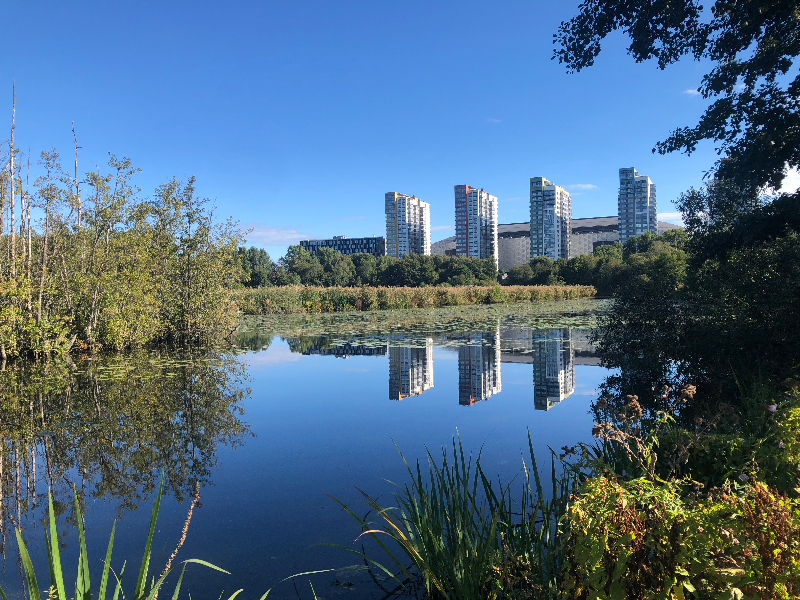The course addresses different perspectives on social-ecological systems and their resilience, adaptability and transformability. The concepts are discussed in lectures, seminars and during the student's own studies of literature as well as in group work. We specifically analyze the concepts in relation to sustainable planning.
English language proficiency equivalent to (the Swedish upper secondary school) English course B/6.
After passing the course the student should be able to:
1. explain and use central concepts in resilience thinking
2. discuss how these central concepts relate to each other
3. reflect on and critically discuss resilience thinking in general and in relation to sustainable planning in particular
4. apply social-ecological resilience in a planning context
5. present written work in a scientifically sound way
6. work in a collaborative project setting
